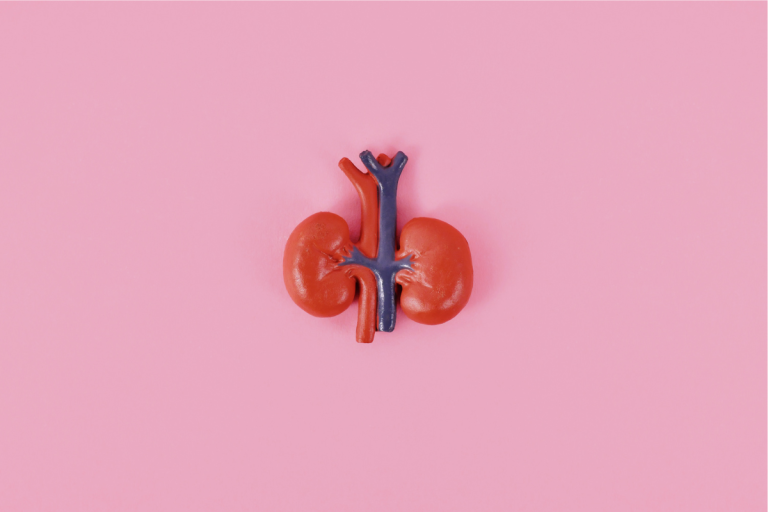4 Tips for Recycling Egg Shells

Recycling eggshells is a great way to reduce waste and give back to the environment. Here are four tips for recycling eggshells effectively: By following these tips, you can effectively recycle eggshells while also benefiting your garden and reducing waste.






